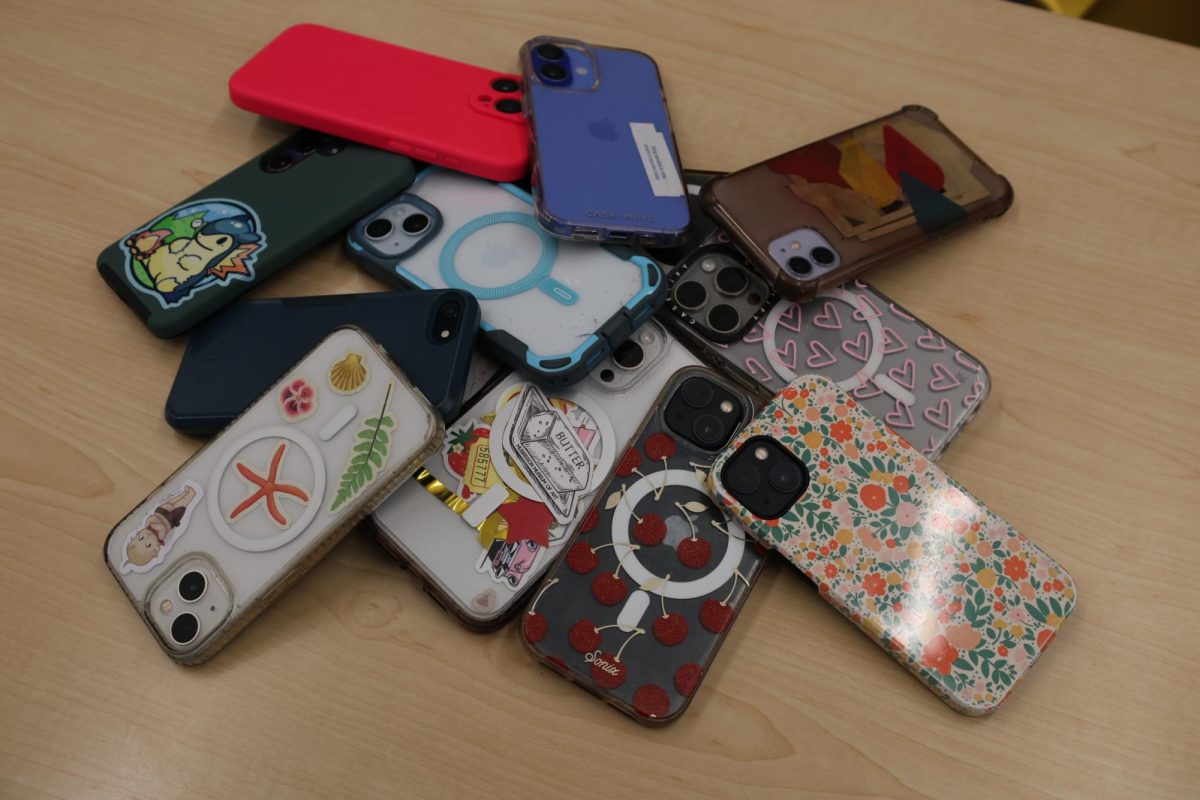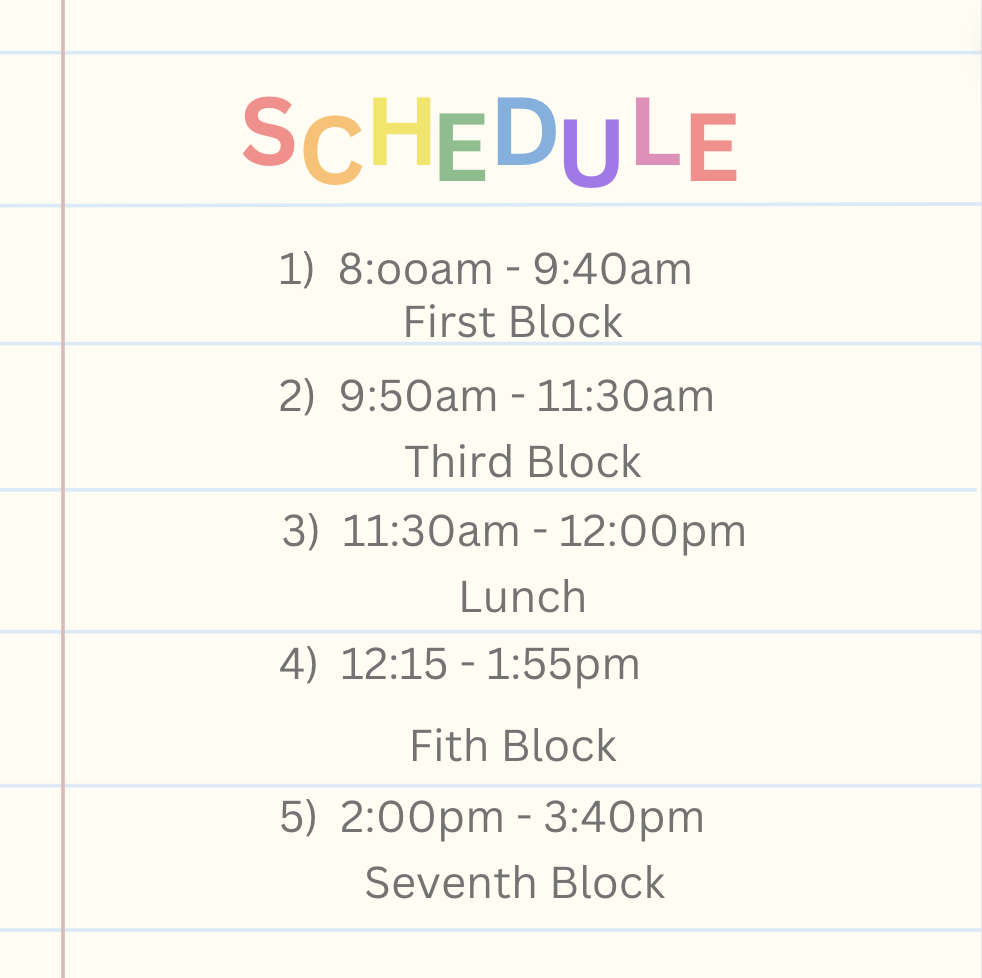“Providing instructions for students’ ethical utilization of AI tools is now more pressing than ever.”
With the ability of personalized learning and quick response generation, it is noticeable that more and more peers around me are using AI-powered tools to overcome academic challenges.
The use of AI in the classroom is an inevitable consequence of students’ reliance on technology. As technology has progressed, students have gained increasing access to the internet. Tools like ChatGPT are easily accessible to many students. Unlike search engines, tools like ChatGPT can generate sophisticated and detailed responses based on users’ prompts with incredible accuracy. With AI’s assistance, finding derivatives and understanding chemical reactions is much easier.
However, it is more urgent than ever to establish and enact ethical policies for the use of AI tools in the classroom.
The benefits and convenience brought by AI are immeasurable. When I am struggling with a certain concept in my homework or assignment, I can simply input my confusion into the Chatbot as a prompt. Within seconds, a precise and detailed response is generated. The outcome is personalized based on the prompt, enhancing understanding of the concept while accurately solving the problem. It is a great alternative way to learn and solve problems.
However, as generative artificial intelligence tools like ChatGPT provide students with an alternative way of learning and solving problems, concerns arise alongside its convenience.
Despite the explanation of the outcome provided, students may simply disregard it and record the generated answer. With a click, an assignment’s response can be entirely generated by artificial intelligence.
Currently, there has not yet been an effective method to deter students from using AI-powered tools for plagiarism and cheating on assignments.
According to surveys conducted by Forbes on AI usage in the classroom, a majority of teachers believe that AI has a positive impact, with 55% of respondents stating that it has improved educational outcomes. However, concerns voiced by teachers are notable, with 65% expressing plagiarism in essays or work as a major issue. Additionally, 64% of respondents reported the prevalent use of AI-powered essay generators for completing written assignments in their educational institutions. Perhaps most concerning is that 31% of respondents reported the most prevalent form of cheating in their educational institution is utilizing chatbots for assistance during exams.
From a survey conducted on 1000 undergraduate students, 56% of the respondents admitted to using AI tools to complete their assignments and exams. 75% of the respondents had instructors discuss the ethics of using AI in the classroom. Additionally, 58% of the respondents reported that there has been a policy established for AI intelligence in their school or program.
The tools are not always the root of the problem; it is the people using the tools, especially with tools like artificial intelligence. Before access to generative artificial intelligence like ChatGPT, students were able to search online, ask peers for help, or reach out to tutors to find answers. It’s just that artificial intelligence accesses solutions and knowledge more quickly and efficiently. Plagiarism and cheating have always existed; they have become more simplified processes due to tools like ChatGPT.
Instead of banning the use of artificial intelligence entirely in a school system, educating students on how to properly, reasonably, and responsibly use artificial intelligence is more necessary. It is vital to teach the effectiveness of artificial intelligence while addressing the potential impacts on students’ academic integrity. AI is certainly a powerful tool, and with properly implemented measures against misuse, we can maximize its benefits while preventing potential academic dishonesty in the classroom.
















